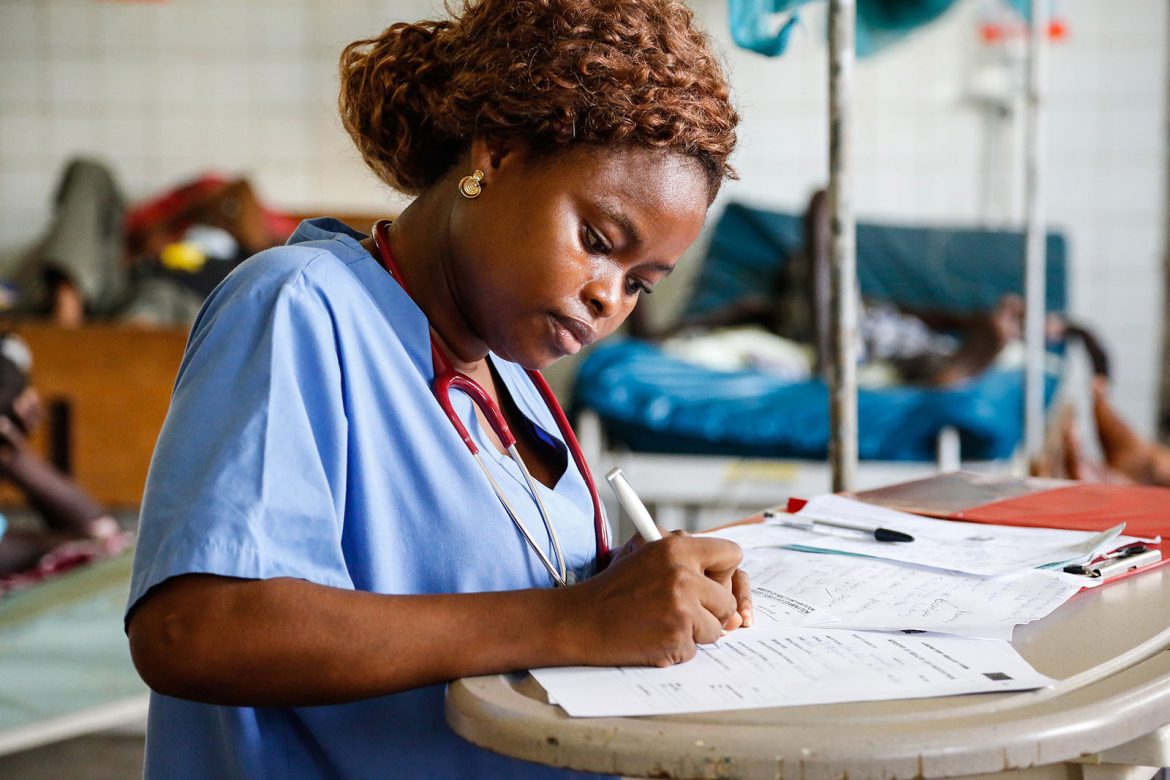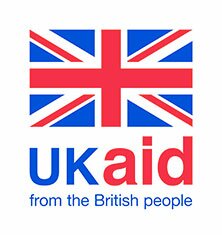Maintains is exploring how the health system and its financing can best support the maintenance of existing health services during regular flooding and disease outbreaks, and also respond to the new health needs emerging from these shocks. Explore all our latest research to support Sierra Leone here or download an of our work.
Sierra Leone is prone to a range of shocks, and despite lessons learned during the Ebola crisis, the health system still lacks capacity to respond. Floods and landslides are a major problem due to a large number of rivers, a tropical monsoon climate, unplanned urbanisation, and poor waste management. Informal settlements and poor communities are particularly vulnerable.
In addition, high poverty levels, poor education and sanitation, a weak health system, and other structural problems result in the population being exposed to frequent disease outbreaks, such as cholera and measles.
Sierra Leone was one of the last countries to be affected by COVID-19 and we examine the response in the first three months.

Credit: Simon Davis/DFID
Research focus for Sierra Leone
In conducting these studies, Maintains works directly with the Government of Sierra Leone, FCDO, and other development partners. The research builds on and enhances existing evidence and addresses knowledge gaps.




